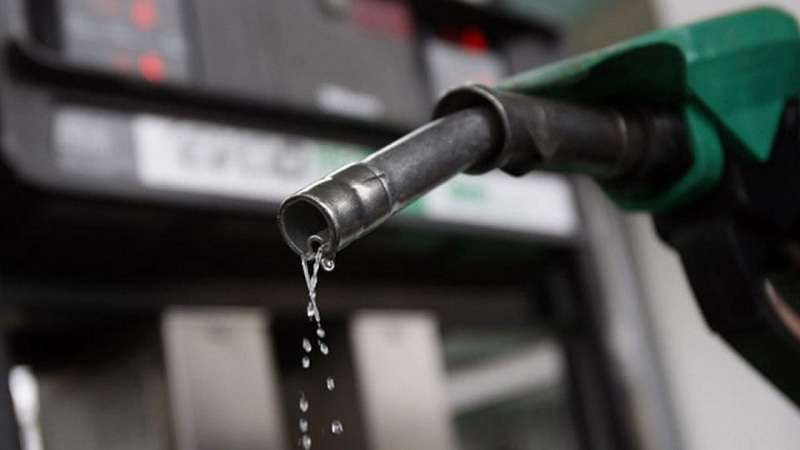Check petroleum prices in Pakistan effective from February 22, 2024 before going to fuel stations to fill your tanks of motor vehicles.
Effective from February 22, 2024, the petroleum prices in Pakistan are: Petrol Rs 275.62 per liter; and High Speed Diesel (HSD) Rs 287.33 per liter.
This adjustment follows a government decision on February 15, 2024 to increase petroleum prices for the second half of February 2024. According to a notification from the finance division, the price of petrol saw a modest increase of Rs 2.73, reaching Rs 275.62 per liter from the previous Rs 272.89 per liter. In comparison, the cost of high-speed diesel (HSD) experienced a more substantial rise, climbing by Rs 8.37 to Rs 287.33 per liter, up from Rs 278.96 per liter, effective from February 16, 2024.
The decision to adjust fuel prices aligns with recommendations made by the Oil and Gas Regulatory Authority (OGRA). This move reflects the government’s response to global oil market fluctuations and its commitment to maintaining fiscal stability in the domestic petroleum sector.
The global oil market’s dynamic nature affects countries like Pakistan, impacting the costs of importing and refining petroleum products. The finance division’s notification underscores the government’s dedication to adapting fuel prices based on OGRA’s recommendations. OGRA plays a pivotal role in evaluating and proposing revisions to petroleum prices, ensuring competitiveness in the domestic market while covering local oil industry costs.
While the increase in petrol prices is moderate, the substantial rise in high-speed diesel costs may have ramifications for sectors such as transportation and industries reliant on diesel fuel. This adjustment could potentially contribute to increased operational costs for businesses employing diesel-powered machinery and transportation.
Consumers, already facing economic challenges and rising inflation, may feel the impact of increased fuel prices. The government maintains that such adjustments are essential for the financial health of the petroleum sector and to ensure the continued availability of fuel in the country.
It’s crucial to recognize that changes in fuel prices have a ripple effect on various sectors, influencing transportation costs, commodity prices, and overall inflation. As Pakistan addresses economic challenges, the government faces the delicate task of balancing public needs with the financial sustainability of the petroleum industry.
As the nation responds to these adjustments in petroleum prices, stakeholders across sectors will closely monitor the impact on their operations and expenditures. Consumers, meanwhile, prepare for potential cascading effects on the overall cost of living.
